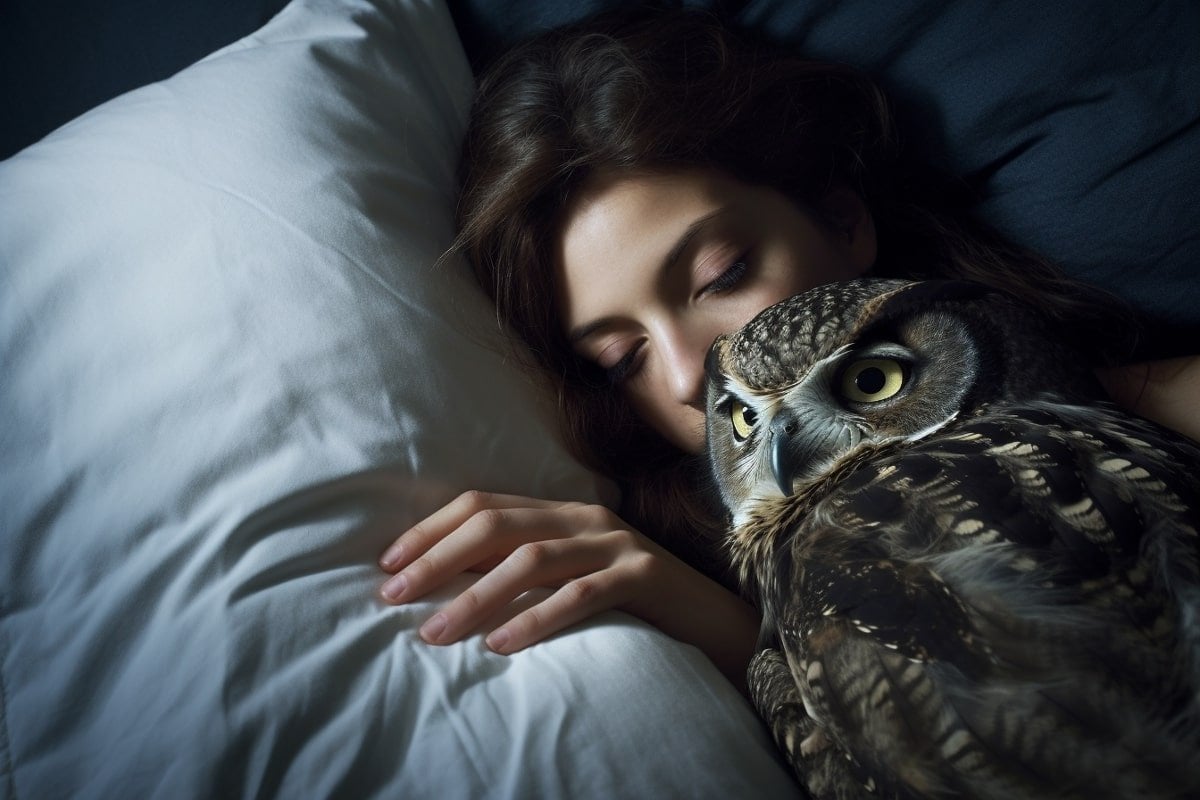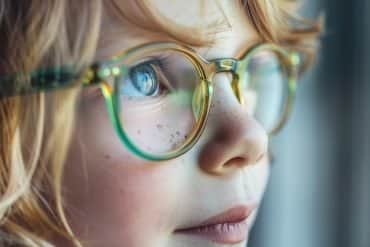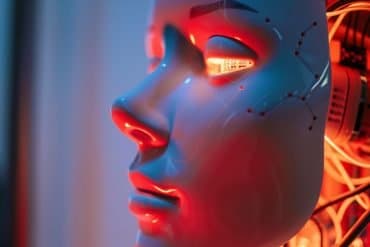Summary: Are you a night owl struggling with early morning commitments? Researchers suggest your sleep habits may be more changeable than you think.
The study revealed that while genetics and behavior play a role in our sleep preferences or ‘chronotypes’, it is possible to shift these patterns over time, with potential benefits for sleep quality and academic success.
Particularly, students who successfully transitioned from being night owls to morning larks reported improved sleep health, less daytime sleepiness, and even higher semester GPAs.
Key Facts:
- The study showed that evening-types tend to have behaviors that delay bedtimes, shorten sleep duration, and worsen sleep quality.
- As the academic semester progressed, some students reported a shift in their chronotype, which was linked to behavioral changes, improved sleep health, and higher GPAs.
- Adopting healthier daytime behaviors like avoiding electronics and caffeine near bedtime, and reducing long daytime naps can aid in the transition from evening-type to morning-type sleep patterns.
Source: Baylor University
Many people perceive that they are night owls or morning larks, and that can’t be changed. It’s called a chronotype – your body’s need for sleep at a certain time – and it is generally considered to be unchangeable.
However, a new study from researchers with Baylor University’s Sleep Neuroscience and Cognition Laboratory shows that chronotypes are more flexible than originally thought.
The research team’s findings, “Chronotype in college science students is associated with behavioral choices and can fluctuate across a semester,” were recently published in the journal Chronobiology International.
While genetics may predispose an individual to prefer the morning or evening hours, being a night owl can also result from behavioral choices. Whether driven by biology, institutional factors or behavioral choices, being an evening chronotype can be a detriment to sleep health, alertness in class and academic success.

Baylor sleep researcher Michael K. Scullin, Ph.D., associate professor of psychology and neuroscience, and Blake Barley, doctoral candidate in psychology in Scullin’s sleep lab, examined how institutional factors, biological factors and behavioral choices play a role in sleep problems for college students and if chronotypes may more malleable than current theories suggest.
Through a series of questionaries given throughout the 2018-19 academic year, researchers asked 858 undergraduate students enrolled in demanding science courses to assess their sleep behaviors and quality, state their chronotype and rate their academic demands and stress levels, as well as the amount of their caffeine consumption and social media usage throughout the day.
FINDINGS
Evening- and morning-type students showed similar stress levels and academic demands, but evening chronotypes showed significantly worse sleep quality and duration. Evening types are disadvantaged when they have to wake up early for class or work.
The college students who identified as evening-types had several behaviors that are known to delay bedtimes, shorten sleep duration and worsen sleep quality.
They used social media for 40 minutes while in bed, consumed caffeine later in the day and napped more than morning-types, which resulted in less night-time sleeping, worse sleep quality and greater sleepiness while in class.
As the semester progressed, some students reported a switch in chronotype. This chrono-switching was linked to changes in behavior, which resulted in improved sleep health, less sleepiness and higher semester GPAs.
ACTIONS
“Engaging in healthier daytime behaviors can lead to better sleep that then feeds back into better daytime life,” Scullin said. “When your daytime life is better, you can often get to bed and fall asleep earlier, enjoy better sleep quality and get into a good cycle.”
Students who switched from evening- to morning-types or who had stayed morning-types showed significantly better semester GPAs than students who stayed evening-types or switched from morning-to-evening types. They also reported consuming less caffeine after 5 p.m. and showed significantly better sleep quantity and quality.
Barley said some simple changes can improve sleep quality.
- Avoid electronics near bedtime.
- Avoid caffeine and other stimulants at least six hours before bedtime.
- Avoid long daytime naps.
- Avoid exercising in the evenings.
Scullin emphasized that chronotype malleability is a new idea, and that not all night owls should try to become morning larks or vice versa. The focus for each individual should be on getting the quality sleep they need to be healthy and productive.
Funding: This study was supported by the National Science Foundation [1920730 and 1943323].
About this neuroscience research news
Author: Kelly Craine
Source: Baylor University
Contact: Kelly Craine – Baylor University
Image: The image is credited to Neuroscience News
Original Research: Closed access.
“Chronotype in college science students is associated with behavioral choices and can fluctuate across a semester” by Michael K. Scullin et al. Chronobiology International
Abstract
Chronotype in college science students is associated with behavioral choices and can fluctuate across a semester
Many students self-report that they are “night owls,” which can result from neurodevelopmental delays in the circadian timing system.
However, whether an individual considers themselves to be an evening-type versus a morning-type (self-reported chronotype) may also be influenced by academic demands (e.g. class start times, course load) and behavioral habits (e.g. bedtime social media use, late caffeine consumption, daytime napping). If so, then chronotype should be malleable.
We surveyed 858 undergraduate students enrolled in demanding science courses at up to three time points. The survey assessed morning/evening chronotype, global sleep quality, academics, and behavioral habits.
Evening and morning-type students showed similar demographics, stress levels, and academic demands. At baseline measurements, relative to morning-types, evening-types showed significantly worse sleep quality and duration as well as 22% greater bedtime social media usage, 27% greater daytime napping duration, and 46% greater likelihood of consuming caffeine after 5pm.
These behavioral habits partially mediated the effects of self-reported chronotype on sleep quality/duration, even after controlling for demographic factors. Interestingly, 54 students reported switching from being at least moderate evening-types at baseline to being at least moderate morning-types later in the semester and 56 students showed the reverse pattern (6.3% of students switched from “definitely” one chronotype to the other chronotype).
Evening-to-morning “chrono-switchers” consumed less caffeine after 5pm and showed significantly better sleep quantity/quality at the later timepoint. Thus, some students may consider themselves to be night owls in part because they consume caffeine later, take more daytime naps, or use more social media at bedtime.
Experimental work is needed to determine whether nudging night owls to behave like morning larks results in better sleep health or academic achievement.






